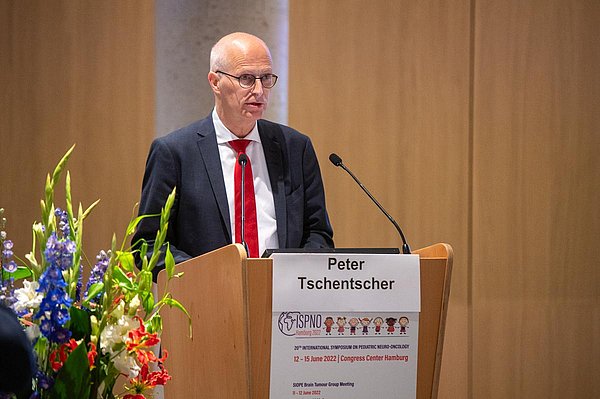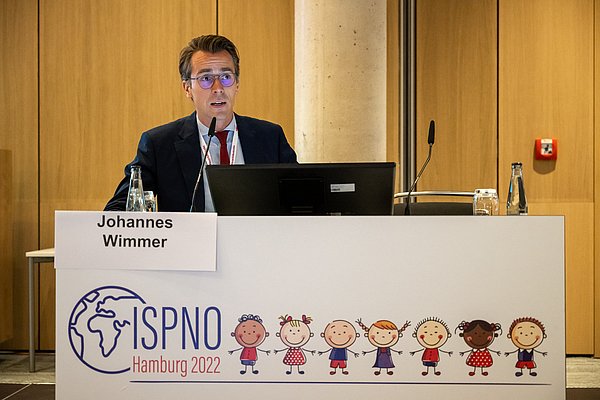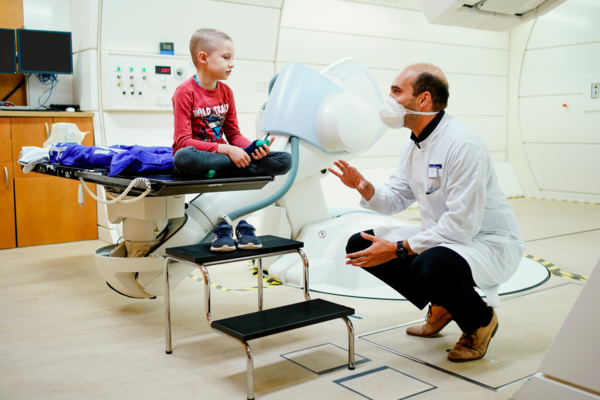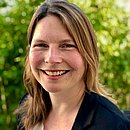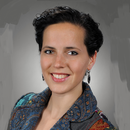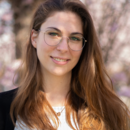In Germany, more than 2,000 children and adolescents are diagnosed with cancer every year. Brain tumors are particularly common in this age group and account for about 25 percent of all cases. The necessary therapies are often long and stressful, so that a cancer diagnosis means a deep cut in the lives of these young patients and their families. Despite all the advances, for about one-third of the patients the disease is fatal.
ISPNO, which is being held in Germany for the first time this year, is the world's most important congress for childhood brain tumors. The conference in Hamburg, under the patronage of Hamburg's First Mayor Peter Tschentscher, is aimed at scientists and physicians from various disciplines. The scientific program of ISPNO 2022 covers all areas of preclinical and clinical research in pediatric neuro-oncology and also includes aspects of rehabilitation and care.
Pediatric neuro-oncology has made remarkable progress in recent years. For example, with the recent publication of the 5th edition of the WHO classification of CNS tumors, including those of children and adolescents, there has been a real paradigm shift in the diagnosis of childhood brain tumors. The reference work, which was jointly authored by scientists at the Hopp Children's Cancer Center Heidelberg (KiTZ), Heidelberg University Hospital (UKHD) and the German Cancer Research Center (DKFZ), as well as numerous international experts, will be presented at the meeting. It is based on a modern, multi-layered approach that no longer only incorporates microscopically visible but also numerous molecular features of the diverse brain tumor types into the diagnosis. Stefan Pfister, director at KiTZ, department head of DKFZ, pediatric oncology at UKHD, and one of the two organizers of ISPNO, who is one of the main authors of the publication, says: "The new WHO classification forms the basis of modern precise cancer diagnostics for physicians and pediatric oncologists worldwide and is based on the latest international research findings."
With the discovery of the characteristic molecular features of childhood brain tumors, on the one hand, approaches of personalized medicine have increasingly found their way into pediatric oncology. On the other hand, there is still an urgent need to continuously improve standard therapies in phase III trials. How can these two, at first glance, contradictory concepts be brought together? At a roundtable event, physicians will discuss how they make these difficult decisions and which of the two concepts should be prioritized for individual patients.
"Reducing side effects and late effects of therapy without worsening the chances of cure for affected children is another central goal of pediatric oncology," says Stefan Rutkowski, director of the Department of Pediatric Hematology and Oncology at UKE, also scientific director of ISPNO. "We need to lower the "price of survival" in the long term." To achieve this for more and more patients, it is necessary to record parameters of quality of life and neuropsychology in a standardized way worldwide. Experts from the Memphis, USA, and Toronto, Canada, address how this can be achieved and late effects may be reduced.
Basic biological research also opens up fascinating perspectives for neuro-oncology: Experts from Heidelberg and Stanford, USA, will present at ISPNO how brain tumor cells very cleverly integrate into normal tissue by communicating with each other, but also with healthy brain cells, and thus, also avoid being recognized as foreign by the immune system. Based on these new findings on the interaction of tumor cells with their environment, the scientists hope to develop new therapeutic approaches in the long term.
Patient representatives are fortunately also playing an increasingly important role in research. As patient advisory councils, they bring the patient perspective into research strategies and can endorse selected research projects through statements and recommendations. In this way, they also make an important contribution to facilitating access to innovative therapies for children with cancer and, through their voice, can help to reduce regulatory hurdles to the opening of new clinical trials, particularly in Germany. These topics and ethical decisions will be addressed by affected parents in the patient session with keynote speeches. The session will be moderated by Dr. Johannes Wimmer, affected father, physician, and television presenter.

